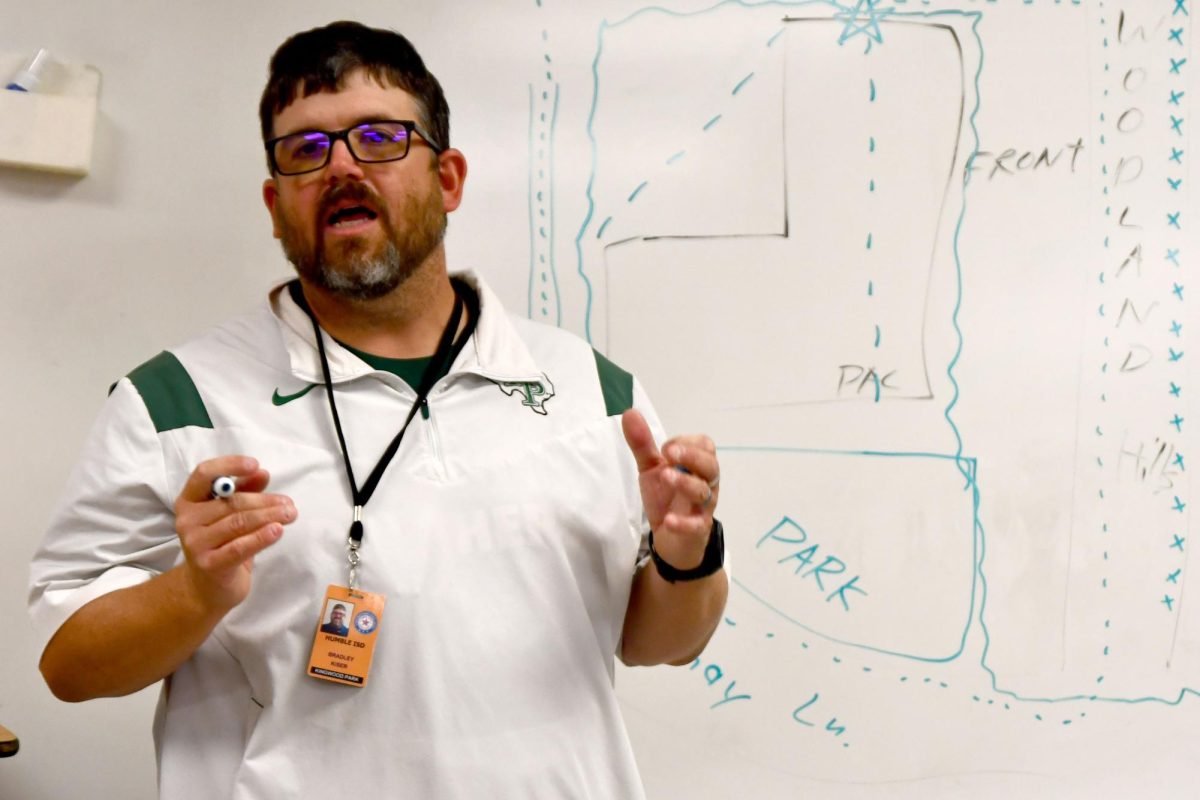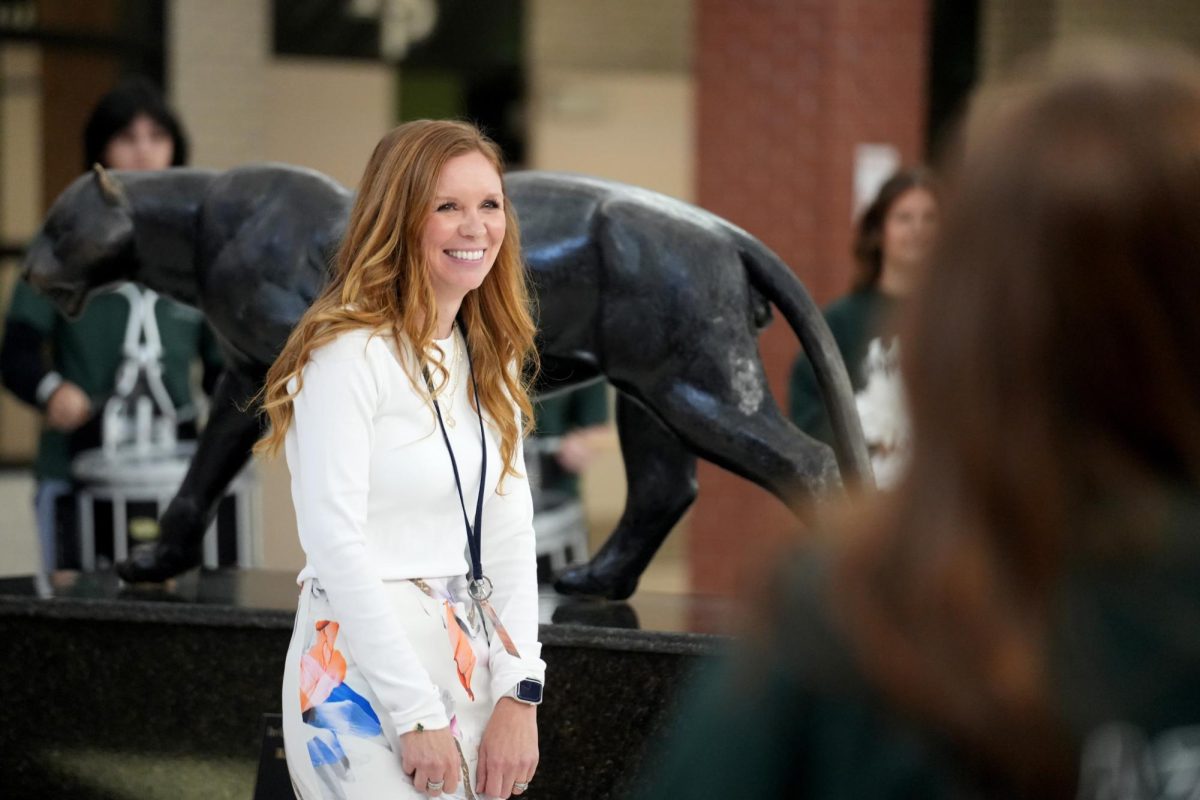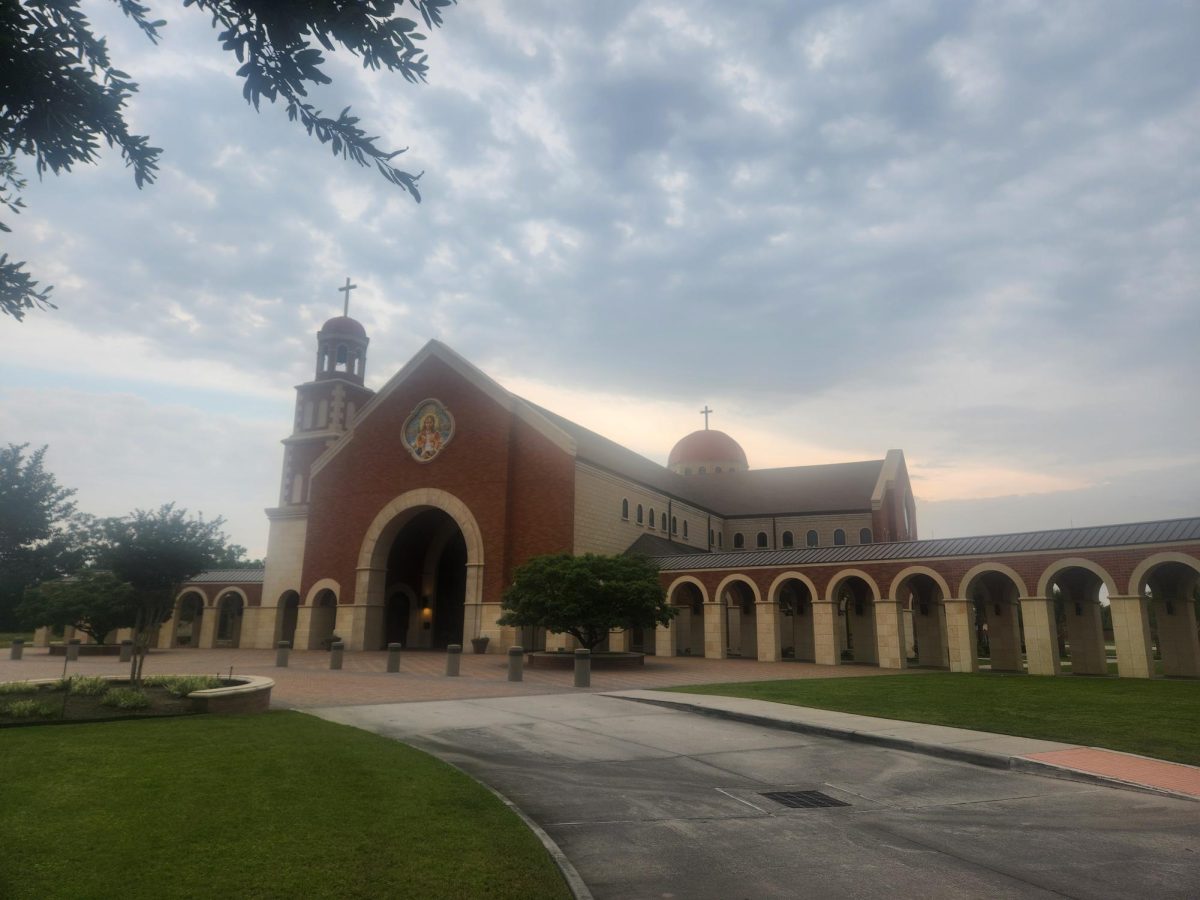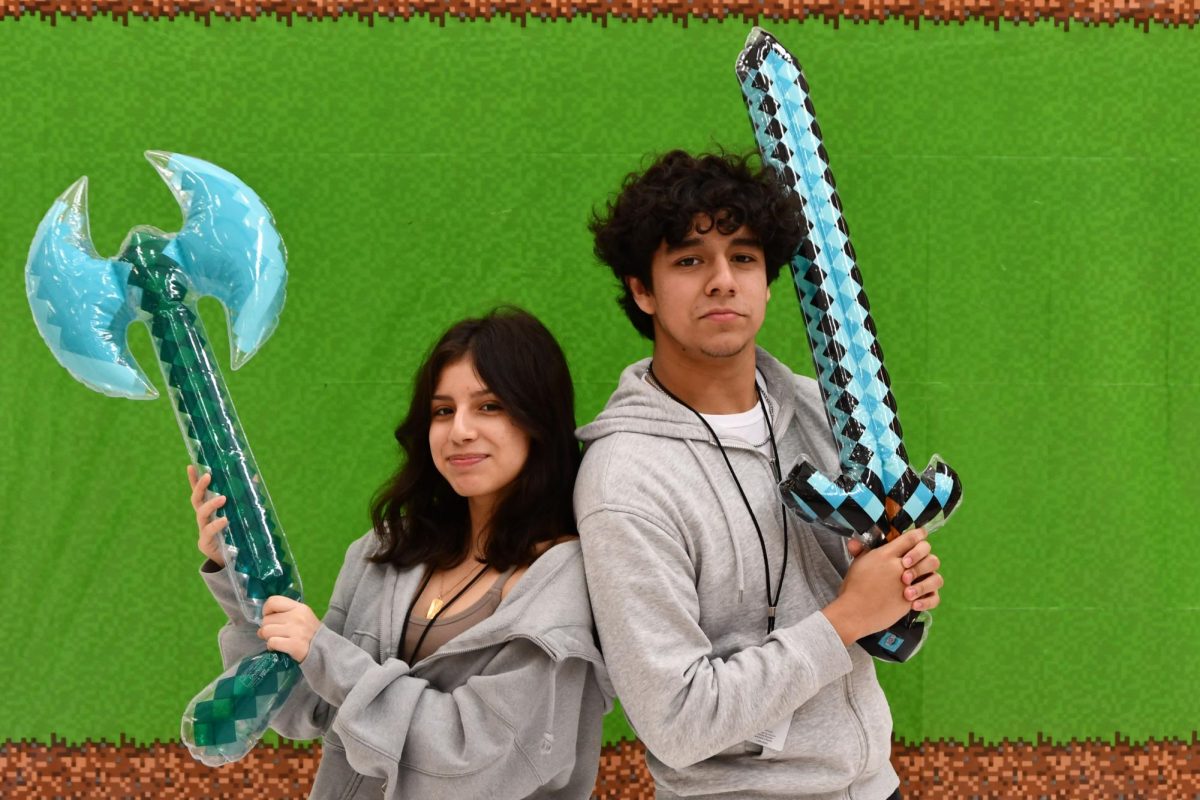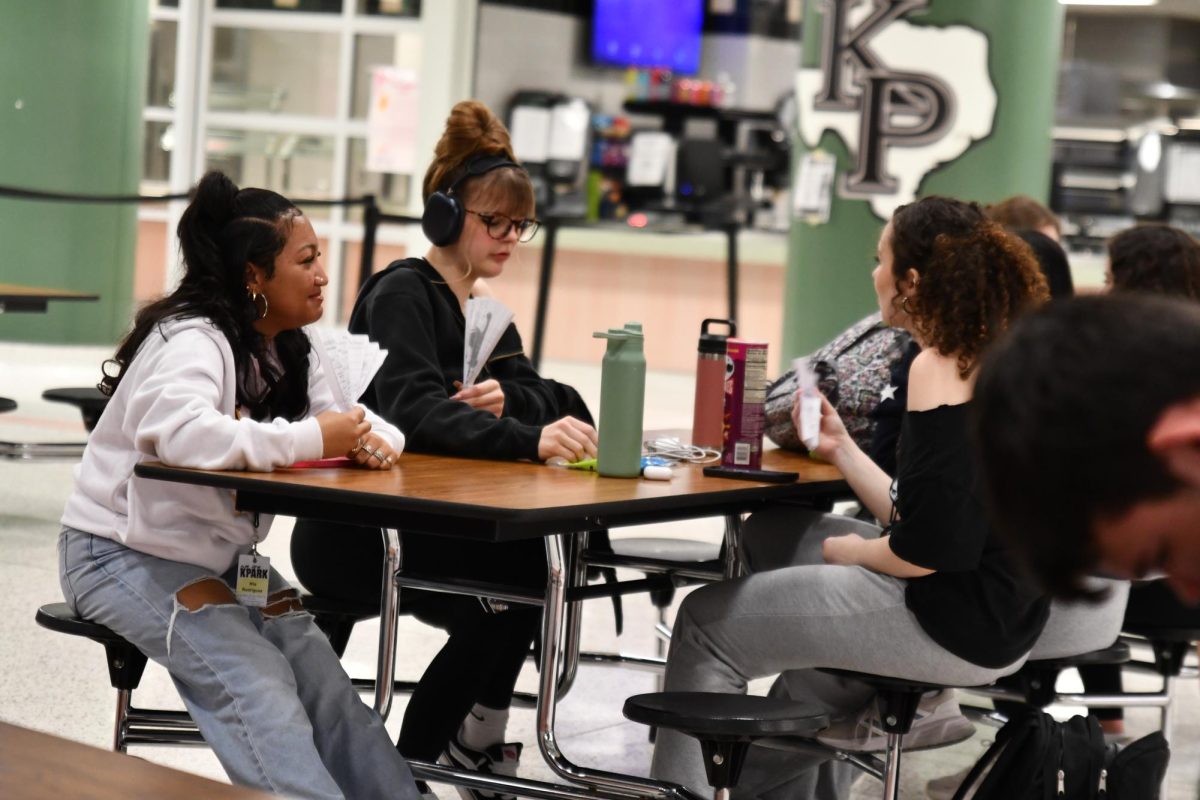Certain areas in Texas are preparing to go dark for a few minutes on April 8. A total eclipse happens every 18 months, but the last one to occur in Texas was 1878 and the next one will not happen again in Texas until 2317.
A total solar eclipse is when the moon fully covers the sun, which is also called totality. Since Houston will experience a partial eclipse where the sun is not fully covered by the moon, astronomy teacher Brad Kiser is taking his astronomy classes to Gatesville, which is about three and a half hours away from Kingwood.
“The big swath of it just traveling right through the heart of Texas, small towns, big towns, and just covering a wide range of people, gives a lot of people an opportunity to experience it,” Kiser said.
The field trip will be all day since the classes are traveling to Gatesville, which will be getting four minutes and 29 seconds of totality.
“I’m excited,” senior Taylor Mattingly said. “I mean, it’s an eclipse and only occurs every 600 years in Texas. So I’m excited to learn about that.”
Kiser first had the idea to take his students last year, wanting to give them a once in a lifetime opportunity. He hopes to do more astronomy-related trips in the future, like going to NASA or a SpaceX launch.
To learn more about the eclipse for a certain area, it is best to look up your location and find the time the eclipse will occur for you. If you’re going to view the eclipse make sure to have on a pair of eclipse glasses, to not damage your retina.
The next solar eclipse that can be seen from the contigious United States will be Aug. 23, 2044.
“It’s not something you see everyday,” Kiser said. “It’s not something every month. I think just the rarities make it cool to me. Everything reacts differently to it and you get to see those atmospheric layers of the sun you usually don’t see.”


